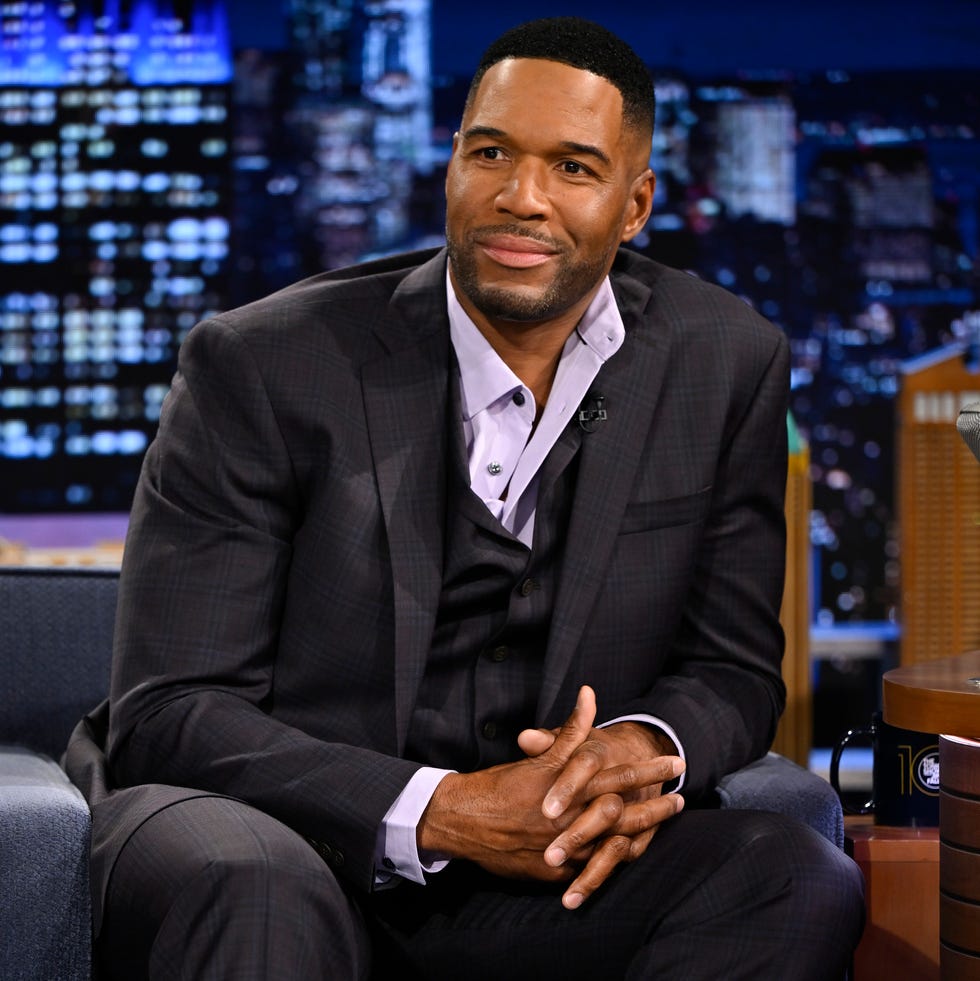He Thought She Was Just a Pretty Face—Then Karoline Leavitt Took Him Apart on National TV”
A Former NFL Star Tried to Outtalk Her. It Didn’t End the Way He Hoped.
It started with a smirk.
It ended with silence.
Under the sharp glow of studio lights, the stage was set for what was supposed to be a fiery—but friendly—debate between two American icons: one a retired NFL superstar turned media commentator, the other Karoline Leavitt, the youngest White House press secretary in history, now a rising political force with a disarming smile and a tongue sharper than a scalpel.
What unfolded that night wasn’t a discussion.
It was a demolition.
And by the time the cameras cut to commercial, only one person walked out with their credibility intact.
He towered over her physically—broad-shouldered, charismatic, dripping in former fame. A fan-favorite linebacker who had parlayed his charm into a syndicated talk show seat. For weeks, he’d teased the face-off with Karoline, promising to “ask the real questions” about Trump’s policy agenda, workforce cutbacks, and the alleged war on social programs.
He expected applause. Maybe a few viral clips.
What he got instead… was a lesson.
It Started with a Joke. She Didn’t Laugh.
“Karoline,” he began, flashing that practiced grin, “you ever worked a 9-to-5 in your life?”
Laughter fluttered through the studio.
Karoline blinked. Smiled—once.
Then: “I worked two.”
The room froze. Not because the words were loud, but because they were true. Before politics, Leavitt had been a waitress. A part-time journalist. And yes, a government staffer who fought her way up through grit and cold calls.
She continued, unshaken:
“The question isn’t whether I’ve worked. It’s whether your tax dollars are.”
Boom.
The Debate Turned Into a Slaughter.
The retired athlete pressed on, stumbling through talking points about federal employees being “overworked” and “underappreciated.” He questioned the administration’s new return-to-office policy, and the controversial buyout offer of eight months’ pay for federal workers who chose to resign.
Karoline didn’t just respond.
She dissected.
“Only 6% of the federal workforce in D.C. is showing up in person,” she said, voice razor-sharp. “We’re not asking for miracles. We’re asking for the same standard we expect from nurses, teachers, and police officers. If America’s public servants can’t serve the public… they don’t belong in those jobs.”
The crowd went quiet.
He Shifted Gears. She Shifted Tone.

Frustrated, the former football player moved to a new angle—accusing the administration of “gutting assistance programs” and “hurting poor families.”
His voice rose. His arms waved.
Karoline didn’t move.
“Let’s be clear,” she said evenly. “Medicare and Social Security remain untouched. What we paused were bloated federal programs funding contractors with no oversight. We’re not cutting help—we’re cutting fraud.”
She leaned forward then, eyes locked:
“You want to protect poor families? Start by respecting the money they send to Washington every April.”
It landed like a right hook.
The Moment He Lost the Room
The ex-athlete made one last attempt to salvage his credibility—invoking immigration, calling out “confusing deportation policies,” and criticizing Trump’s approach to border enforcement.
But Karoline came armed.
“Our policy is simple,” she snapped. “If you are here legally, you stay. If you break our laws, you go. America is a nation of immigrants—but also of laws. And we don’t get to ignore one in the name of the other.”
For the first time that night, he stammered.
His hands—so steady during games played in front of 70,000 roaring fans—trembled slightly on the table.
A producer in the back whispered, “Cut to break.”
But Karoline Wasn’t Done.
As the cameras rolled on a final segment, Karoline took a moment—not to gloat, but to explain.
And this time, she wasn’t speaking to him.
She was speaking to the country.
“We’re not downsizing compassion. We’re downsizing dysfunction. Washington has been bloated for decades—and Americans are tired of footing the bill for people who work less than they do.”
“We’re making government smaller, yes. But stronger. And for the first time in years—accountable.”
It wasn’t just a mic drop.

